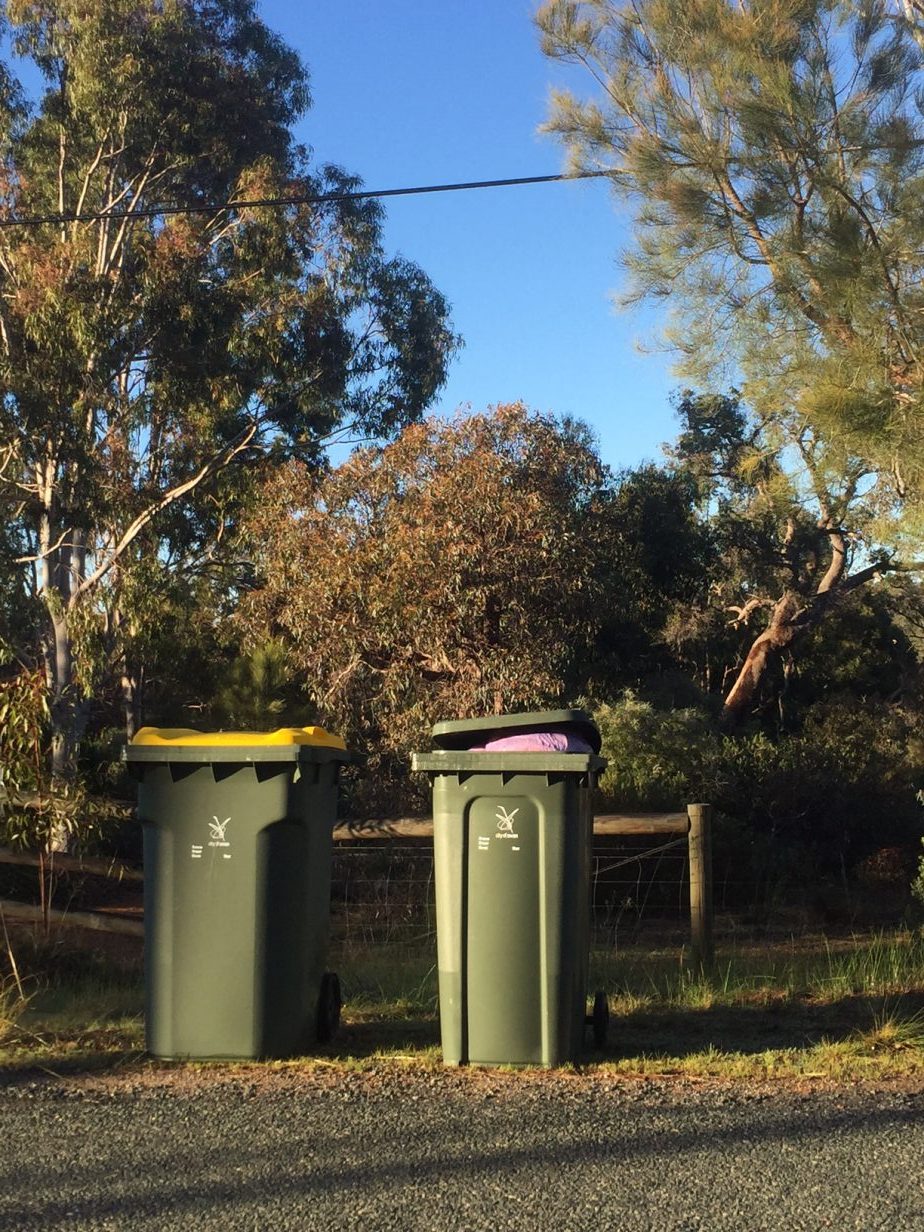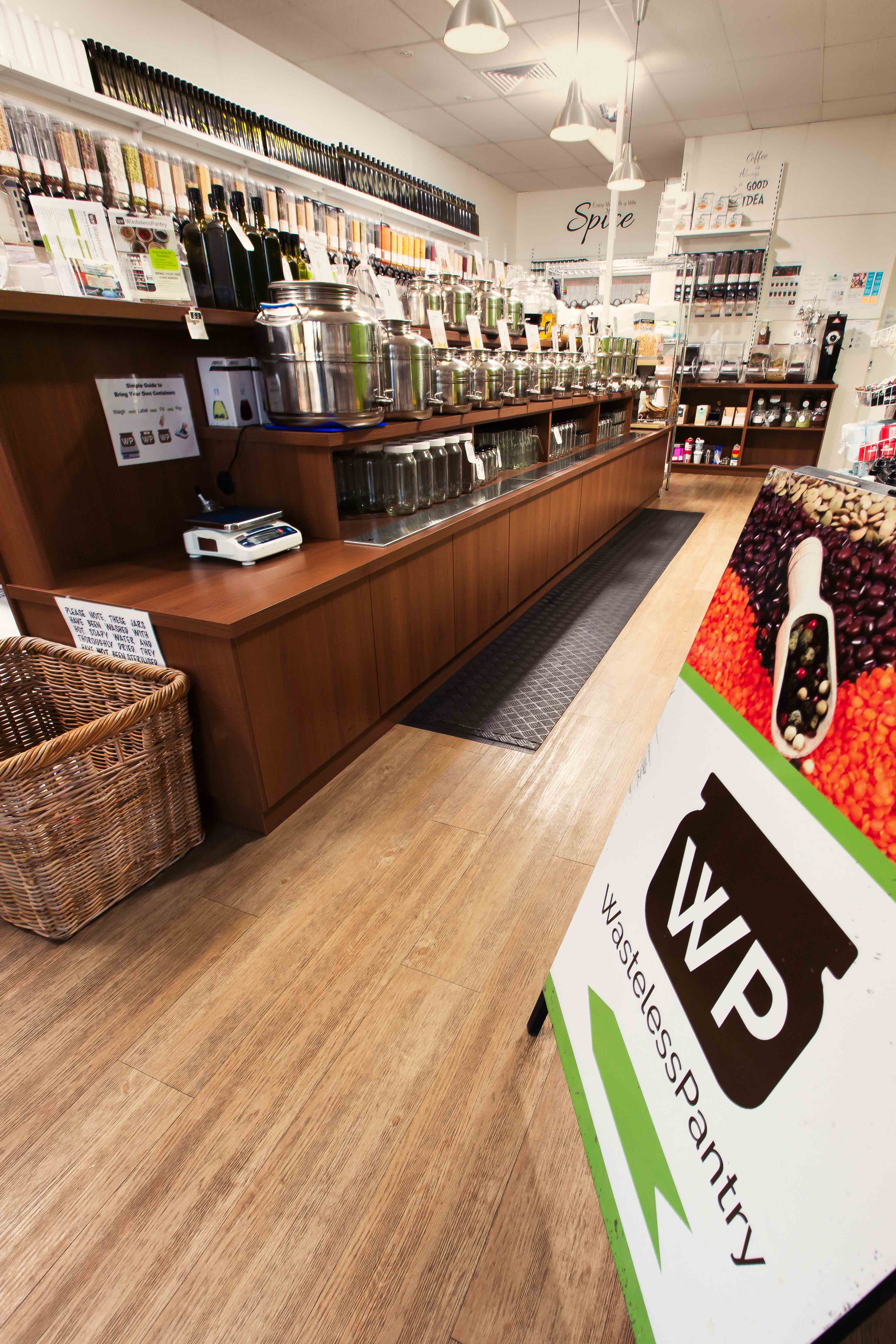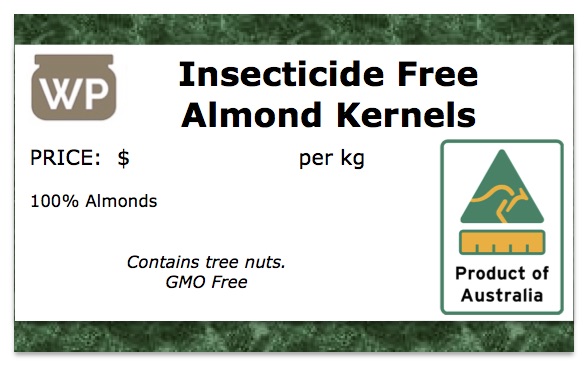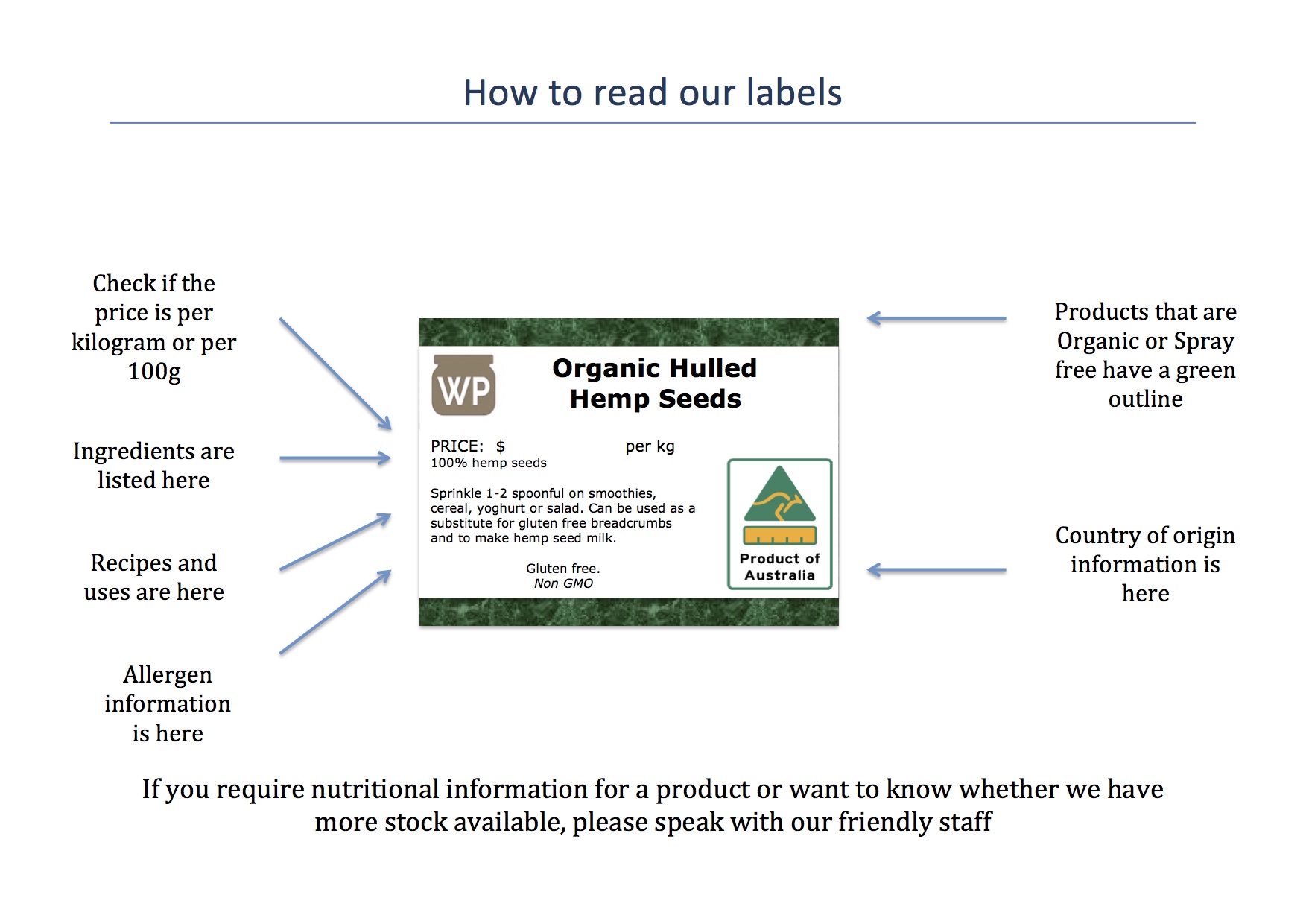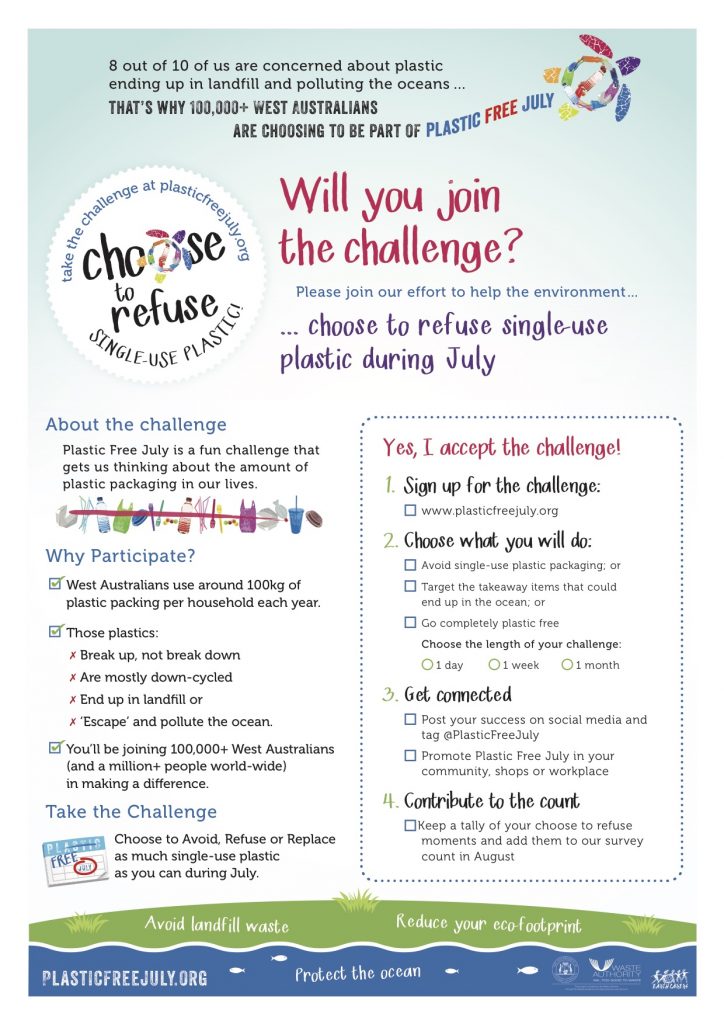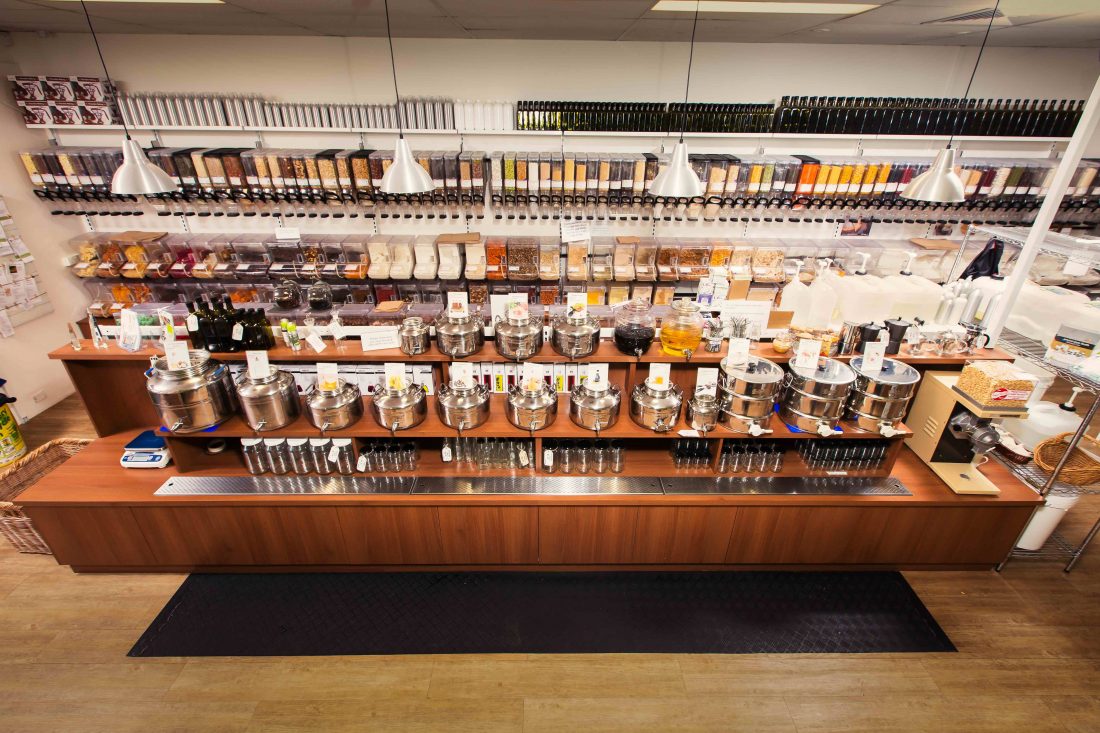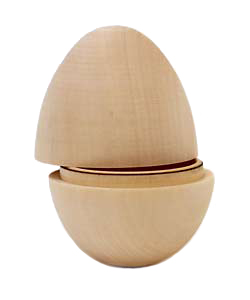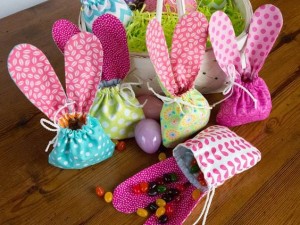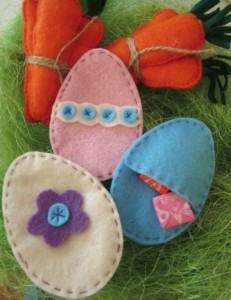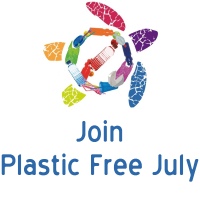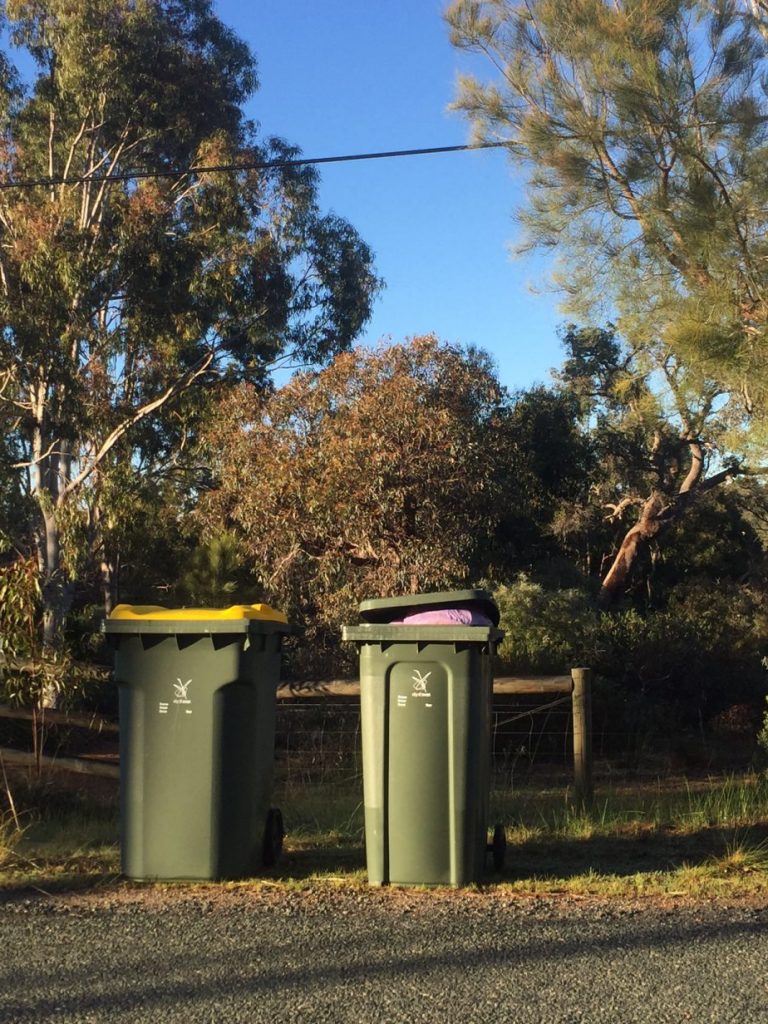“Have nothing in your house that you do not know to be useful, or believe to be beautiful.” William Morris
We are all drawn to a life of simplicity. There are many of us that are drawn to that idea of a simple life, which is a hands on, peaceful and present one.
To me, that is what zero waste living is all about.
It’s about going back to the basics of being able to cook your own food and live a life more intentional, and less disposable. It is not about making life harder for the sake of the environment or doing things the hard way. It is about creating a life that fits with your values and encourages slowness in your days. You don’t have to bake your own bread or make every meal from scratch unless you want to. But what if doing these things not only reduce the waste you created but gave you back control of what you eat and the beauty with which you do it?

There is lots of depressing information out there about why reducing waste is so important. The Great Pacific Garbage Patch, or birds that are dying on some random island somewhere filled with our rubbish, or thousands of acres of forest that are lost every day, or the orangutans that are dying because of our love affair with cheap palm oil. This information doesn’t help you move forward. What helps you move forward and do the things that are going to help are finding ways to integrate good practices into your life.
I’ve been on this journey for a few years now and at the beginning, it was completely overwhelming. There was so much to change and it felt as if it was too much to add to an already full life. But what I have found over that time is that by going back to basics and reducing the waste, it has saved me time and has given me a better appreciation for how I live my life.
I’m hoping for this blog post to inspire some sort of change, but that might just be a change of mindset. It might be a growing awareness of the little changes that you can make. Changing to a slower and more intentional life, especially around this issue of waste. As we like to involve our children in our growth, our first step might be around the naked lunch box.
A naked lunch box simply refers to packing a lunch without disposable packaging, and instead using reusable containers. Those of you new to this idea should know that each school-aged child packed a disposable lunch creates 30kg of waste per year with their lunch alone (Australian statistics). Just changing this one thing can have a significant impact!
There are lots of ideas for lunchboxes and what to fill them with available – so many Pinterest, Facebook and Instagram photos out there to inspire!

For those of you who have been packing a reusable lunchbox for some time and want to take your waste reduction skills to the next level, I encourage you to step it up a level and try to source your ingredients without packaging. This might be taking a cloth bag to the bakery and asking for unwrapped bread. Or it might be going to a bulk food store and buying your goods there. Or it might mean taking produce bags to buy your fruit and vegetables (little reusable mesh bags instead of the disposable plastic ones). Or maybe it is going to the farmers market and simply filling a box to take home.
This is just one way to get started. It might sound like another thing to add to the to-do list that is a mile long or another challenge in an otherwise overwhelmed life, but what you might find is that by living this way you cultivate a skill. You get to have an intimate and caring relationship with the food that you put into your children’s and your own body; as well as saving time and money.
Photo credits
Photo by Michał Grosicki on Unsplash
Photo by Jenn Evelyn-Ann on Unsplash
Photo by Litterfree Living
